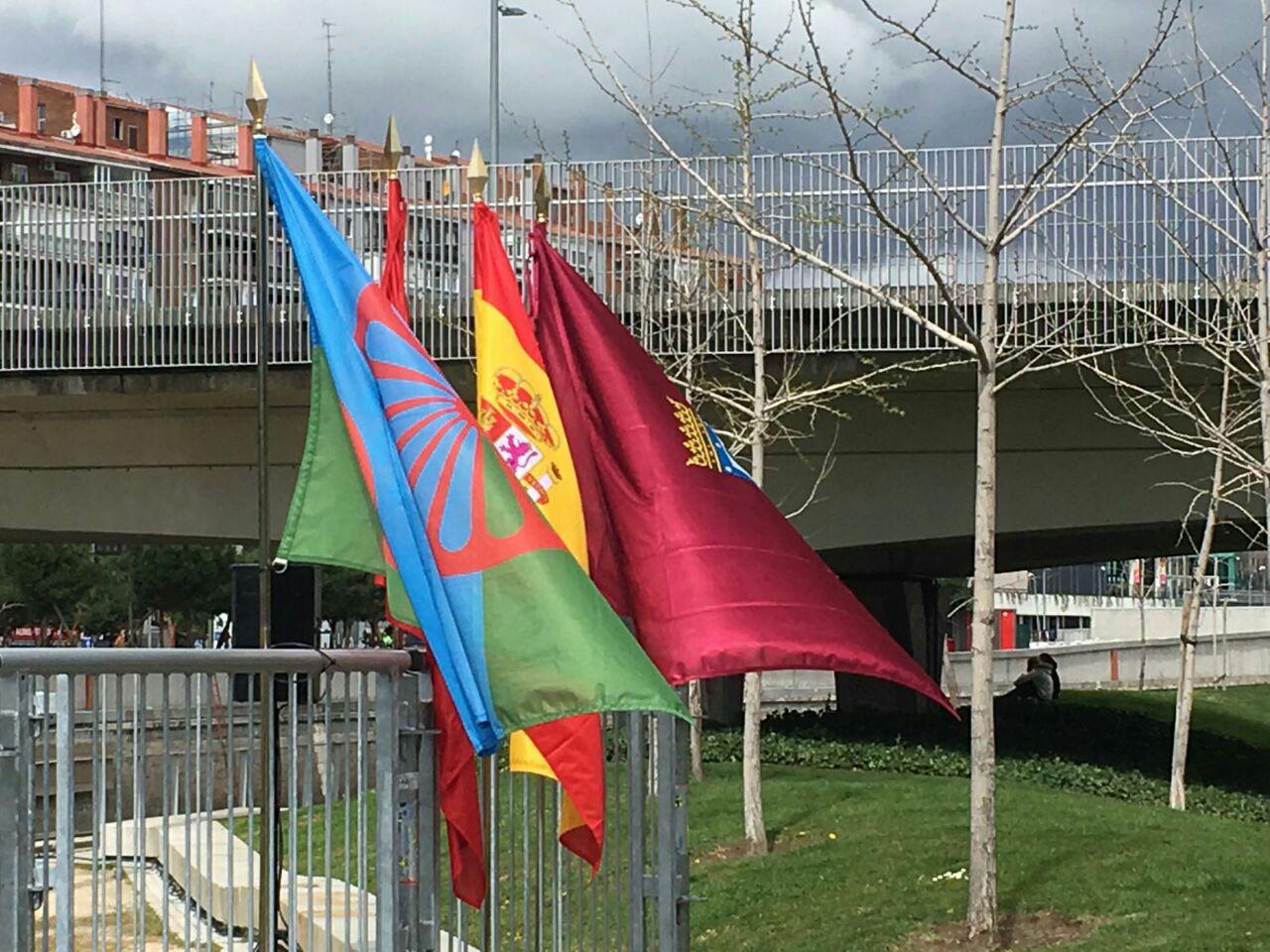|
Spanish Gypsy (other)
Spanish Gypsies are Romani people in Spain. Spanish Gypsy may also refer to: *'' The Spanish Gypsy'', an English Jacobean tragicomedy, dating from 1623. *''The Spanish Gypsy'', an 1868 dramatic poem by George Eliot * ''The Spanish Gypsy'' (film), a 1911 short silent drama film directed by D. W. Griffith. *The Spanish version of Gypsy (Shakira song) * Spanish gypsy scale, a musical scale more commonly known as Phrygian dominant scale. {{disambig ... [...More Info...] [...Related Items...] OR: [Wikipedia] [Google] [Baidu] |
Gitanos
The Romani in Spain, generally known by the exonym () or the endonym ''Calé'', belong to the Iberian Cale Romani subgroup, with smaller populations in Portugal (known as ) and in Southern France. Their sense of identity and cohesion stems from their shared value system, expressed among the as the ('Gypsy laws'). Traditionally, they maintain their social circles strictly within their patrigroups, as interaction between patrigroups increases the risk of feuding, which may result in fatalities. The emergence of Pentecostalism has impacted this practice, as the lifestyle of Pentecostal ''gitanos'' involves frequent contact with ''gitanos'' from outside their own patrigroups during church services and meetings. Data on ethnicity are not collected in Spain, although the public pollster CIS estimated in 2007 that the number of ''gitanos'' present in Spain is probably around one million. Name The term ''gitano'' evolved from the word ''egiptano'' ("Egyptian"), which was the Old ... [...More Info...] [...Related Items...] OR: [Wikipedia] [Google] [Baidu] |
The Spanish Gypsy
''The Spanish Gypsy'' is an English Jacobean tragicomedy, dating from around 1623. The play was likely a collaboration between several dramatists, including Thomas Middleton, William Rowley, Thomas Dekker, and John Ford. Like Shakespeare's lost play ''Cardenio'', ''The Spanish Gypsy'' is an English reworking of the novellas of Miguel de Cervantes, combining two of Cervantes' ''Novelas Ejemplares'' into a single drama. Plot summary Act 1. The noble Roderigo sees a beautiful young girl (Clara) walking one night with her family. Declaring himself bewitched by her beauty, he kidnaps her with the help of his friends, Diego and Lewys, then takes her back to his residence and rapes her. After the fact, Roderigo feels remorse and lets her go. Clara studies the room and manages to steal a crucifix before she is returned to town; these are her only clues as to the identity of her attacker. Later, Lewys realizes with horror that the girl he helped kidnap is the very woman he has been ... [...More Info...] [...Related Items...] OR: [Wikipedia] [Google] [Baidu] |
George Eliot
Mary Ann Evans (22 November 1819 – 22 December 1880; alternatively Mary Anne or Marian), known by her pen name George Eliot, was an English novelist, poet, journalist, translator, and one of the leading writers of the Victorian era. She wrote seven novels: ''Adam Bede'' (1859), ''The Mill on the Floss'' (1860), ''Silas Marner'' (1861), ''Romola'' (1862–63), ''Felix Holt, the Radical'' (1866), ''Middlemarch'' (1871–72) and '' Daniel Deronda'' (1876). Like Charles Dickens and Thomas Hardy, she emerged from provincial England; most of her works are set there. Her works are known for their realism, psychological insight, sense of place and detailed depiction of the countryside. ''Middlemarch'' was described by the novelist Virginia Woolf as "one of the few English novels written for grown-up people"Woolf, Virginia. "George Eliot." ''The Common Reader''. New York: Harcourt, Brace, and World, 1925. pp. 166–76. and by Martin Amis and Julian Barnes as the greatest novel in ... [...More Info...] [...Related Items...] OR: [Wikipedia] [Google] [Baidu] |
The Spanish Gypsy (film)
''The Spanish Gypsy'' is a 1911 American short silent drama film directed by D. W. Griffith, starring Wilfred Lucas and featuring Blanche Sweet. It was a Biograph production. Cast * Wilfred Lucas as Jose * Vivian Prescott as Pepita * Kate Bruce as Pepita's Mother * William J. Butler as The Doctor * Jeanie MacPherson as Mariana (as Jeannie MacPherson) * Claire McDowell as Paula * Mack Sennett as Gypsy * Blanche Sweet * Kate Toncray as Gypsy Critical reception A review in ''Motography'' described the performance of the gypsy girl as "brilliant throughout". It also praised the "high artistic ability on the part of the producer" in converting a location in California into a convincing representation of Andalusia. See also * D. W. Griffith filmography * Blanche Sweet filmography __NOTOC__ This is the filmography for Blanche Sweet. According to the Internet Movie Database, Sweet appeared in 161 films between 1909 and 1959. ---- 1909 - 1910 - 1911 - 1912 - 1913 - 191 ... [...More Info...] [...Related Items...] OR: [Wikipedia] [Google] [Baidu] |
Gypsy (Shakira Song)
"Gypsy" is a song by Colombian singer-songwriter Shakira, from her eighth studio album ''She Wolf'' (2009). The song was chosen as the fourth and final single from the album by Epic Records. It was released internationally on 26 March 2010; in the United States, "Gypsy" was released as a CD single on 12 April 2010. The Spanish-language version "Gitana" was released as a digital promotional single on 1 March 2010. Written by Shakira, Amanda Ghost, Carl Sturken and Evan Rogers, the lyrics of the song describe one's life travelling as a "gypsy". The song draws heavy influences from Indian bhangra music. Upon its release, "Gypsy" received generally positive reviews from music critics, many of whom complimented its production. The single was commercially successful and peaked within the top 10 of the charts of countries including Germany, Hungary, Mexico and Spain. In the United States, "Gypsy" peaked at number 65 on the ''Billboard'' Hot 100 chart, while "Gitana" reached number six on ... [...More Info...] [...Related Items...] OR: [Wikipedia] [Google] [Baidu] |


